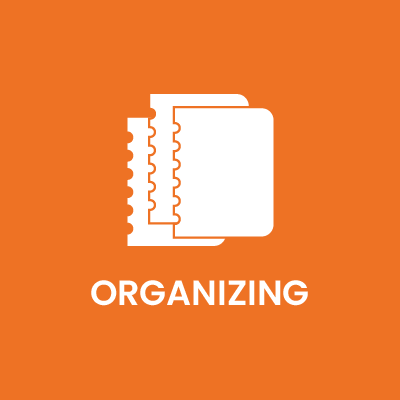
Purpose
Purpose
Know why something is being written. What is the reason you are writing?
How
Have writers ask these questions of themselves before drafting:
- Why am I writing this? For what purpose?
Examples: inform, organize, remember, describe, record, request, amuse - What do I want my audience to know, feel, or do after reading?
Examples: understand my experiences, laugh, follow steps of a process - What style of writing is best suited for my purpose—formal or informal? (More about this here)
- What format is best suited for my purpose?
Examples: email, text, form, list, want ad, paragraph, poster
See it in Action!

Watch
What does writing for a purpose mean?
This video explores the concept of writing with purpose.
Watch here

Practice
Observe and discuss how writing changes to suit the purpose in different types of authentic text (brochures, social media posts, letters, blogs, birthday cards, instructions).
What are the different purposes of writing? This is explored on page 45 of NWT Literacy – Writing for Results.

Learn More
Creating Learning Partners – Unit 7 Writing
We write for a purpose - an activity to explore the reasons why people write.
WriteForward - Supplemental Materials - Practitioner - Instruction – The Concept of Purpose
Pages 16–17 of the supplemental materials for practitioner's discusses The Concept of Purpose. Before learners start any writing project, it is important for them to be clear about their purpose, or reason for writing.
Purpose: to inform, convince, entertain
Short video explaining the different purposes for writing.
